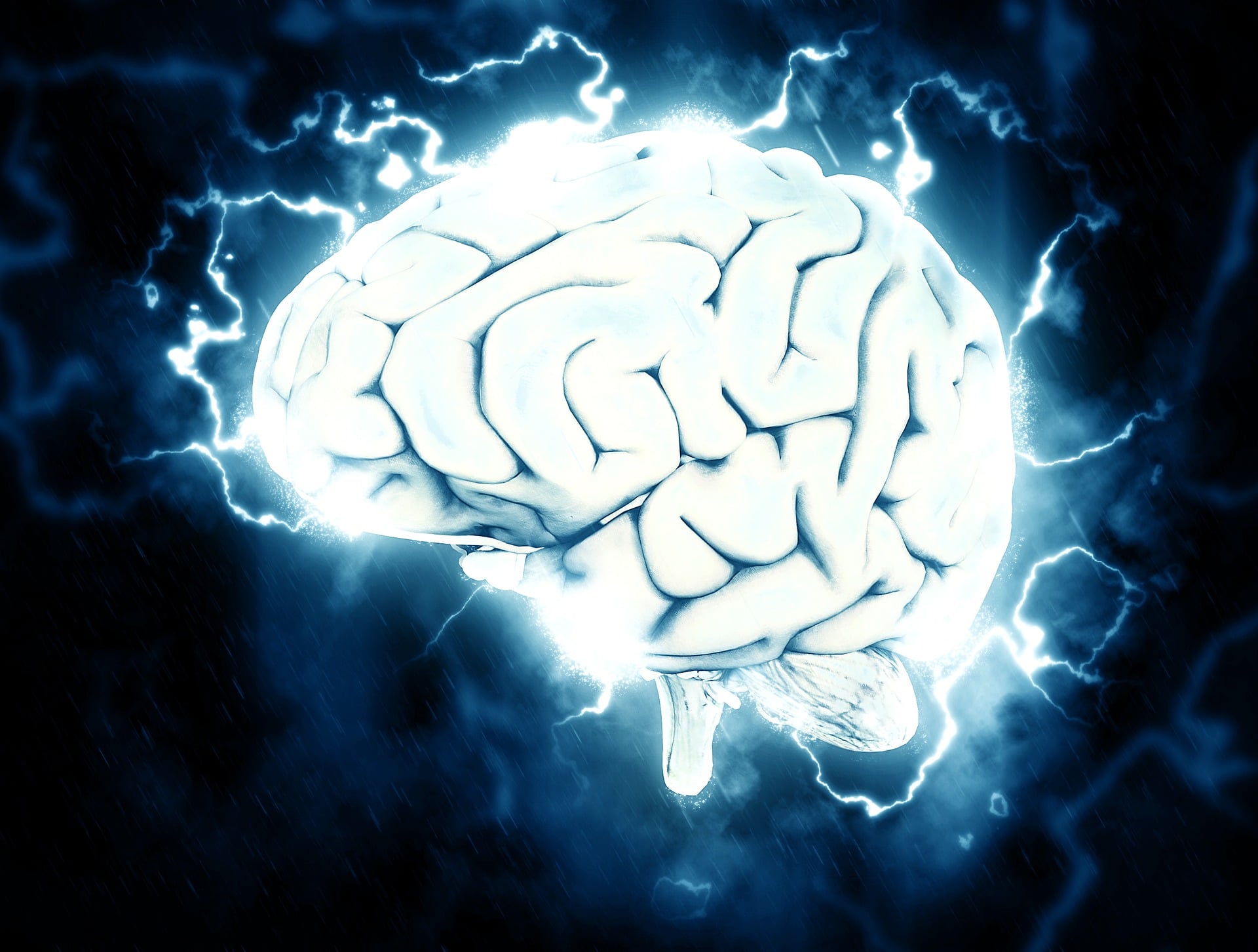
TMS in Philadelphia provides an alternative to ECT Therapy
When considering TMS in Philadelphia, you might have a few questions. One of the main questions asked by people is “are ECT (electro-convulsive therapy) and TMS the same?” The answer offered by Dr. John O’Reardon, is “No, TMS and ECT are very different treatments.” Because of these questions, we will discuss this in detail.
Electroconvulsive therapy (ECT) or “shock therapy” purposefully causes a seizure. Doctors sedate patients with general anesthesia and incapacitated with muscle relaxants before ECT. Recovery from an ECT treatment session happens slowly. Doctors monitor the clients very carefully for a few minutes to a couple of hours after treatment.
By contrast, TMS does not cause a seizure and for that reason does not need sedation, anesthesia, or muscle relaxants. Clients have the ability to resume day-to-day activities instantly after a TMS session.
Transcranial Magnetic Stimulation for Depression (TMS in Philadelphia)
Doctors introduced TMS in 1985 as a brand-new method of noninvasive stimulation of the brain. Transcranial magnetic stimulation (TMS) is an approach that includes placement of a small coil over the scalp and fast alternating current is gone through the coil wire. The coil wire produces an electromagnetic field that goes unhindered through the brain. This method was first used to study nerve conduction. Scientists noted the use of transcranial magnetic stimulation for depresion was only possible by an apparatus that could deliver quick, repeated stimulation. In difference from electroconvulsive therapy, transcranial magnetic stimulation for depression does not need anesthesia, and does not cause convulsions. Initial research studies recommend that transcranial magnetic stimulation of the prefrontal cortex was connected with antidepressant attributes.
TMS treats depression, but it is not restricted to that specific disorder. Transcranial magnetic stimulation for depression or other state of mind disorders on its released writing makes up little regulated trials of limited follow-up. The trials consist of various patient populations, stimulation specifications, and place of stimulus. Although some studies of transcranial magnetic stimulation for depression suggest the potential of this approach of treatment, others discover no advantage.
New studies reveal that TMS doesn’t have negative effects on memory. Much different than ECT.
Doctors published a brand-new study from the University of Bonn in the British Journal of Psychiatry. The new study shows that repetitive transcranial magnetic stimulation for depression (rTMS) uses nearly the exact same reduction in depression symptoms as ECT. However without any negative effects on memory or other cognitive damages that ECT has.
The researchers reported that their conclusion might not be completely reputable. Researchers studied thirty clients that took part in the study. Researchers also separated the patient groups and they were not randomly selected. Nevertheless, with other investigations also having symbolized that rTMS can much better the mood of depression sufferers, this brand-new discovery on memory negative effects is really promising.
For a lot of people experiencing significant depression, treatment such as psychotherapy and medication can be efficient in assisting get rid of the signs. Nevertheless, for about one in twenty depression patients, symptoms are so extreme that neither these alternatives work for them. Therefore these patients seek a more effective treatments.
TMS in Philadelphia is just a phone call away
In conclusion, Dr. John O’Reardon has more than 20 years of experience and education involving TMS treatment. TMS in Philadelphia patients has been a very effective where conventional medicine or therapies have not been successful. Dr. O’Reardon is a board-certified psychiatrist in Voorhees, NJ. He trained at the University of Pennsylvania and completed Fellowships in Psychopharmacology and Cognitive Therapy.Please get in touch with Dr. O’Reardon today by calling his office at 856-375-2406.



